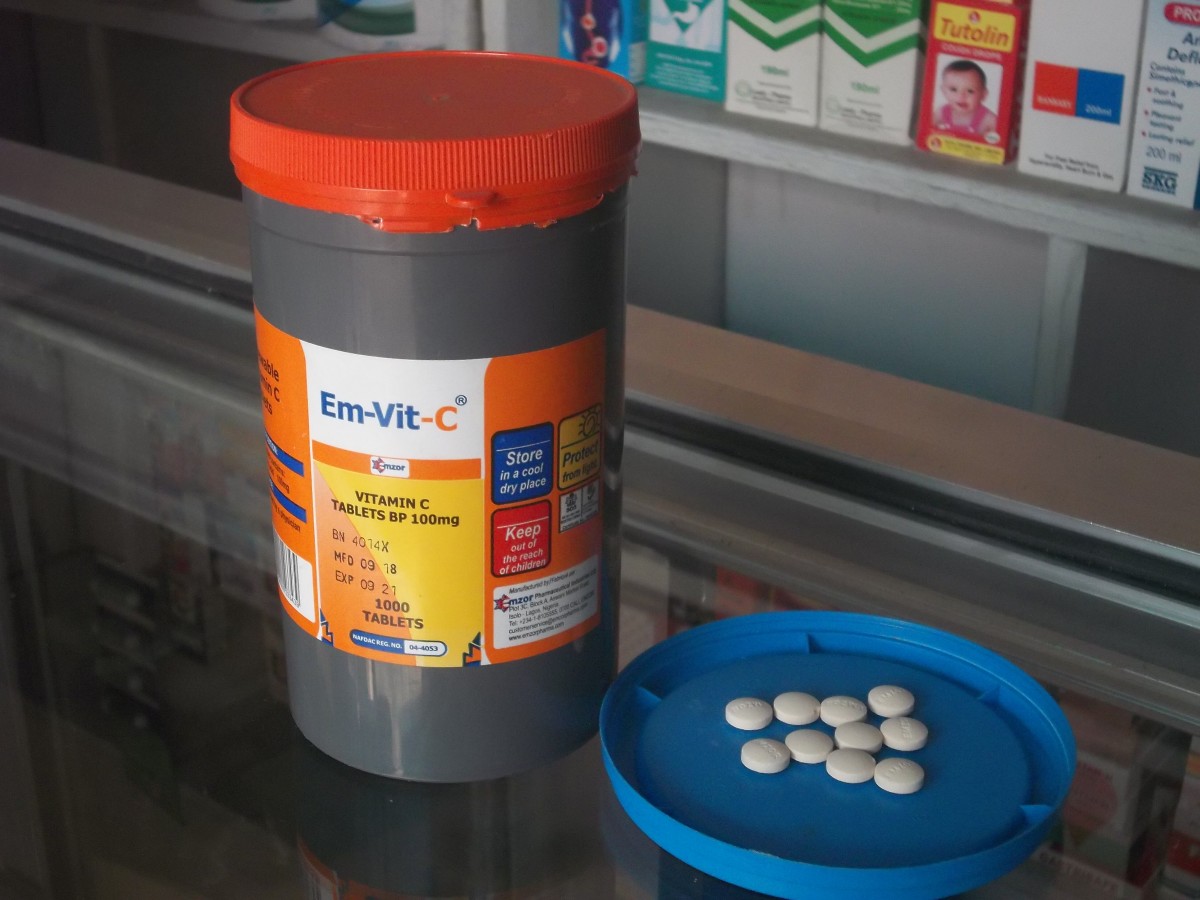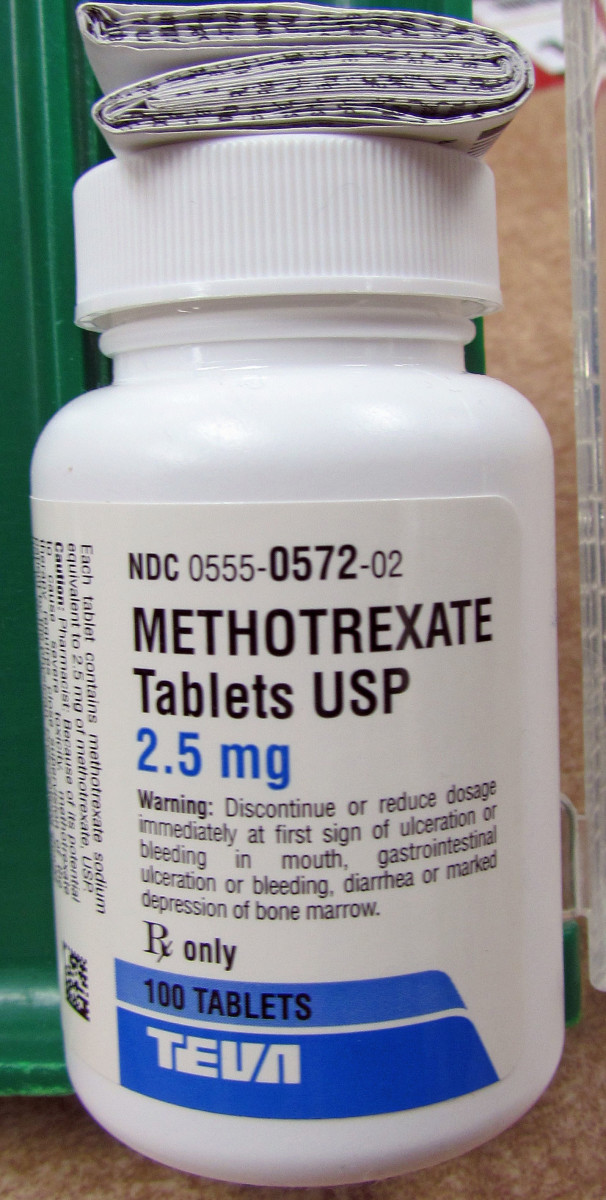Warning: Your Doctor Maybe a Pawn for Drug Companies
Much of What Doctors Know and Do in Medicine is Flat-Out Wrong!



Much of What Doctors Know and Do in Medicine is Flat-Out Wrong!
Our Perception of “Reality” is Wrong
A recent survey indicated that 65% of us thought most, or nearly all of our health care they received is based upon scientific evidence. Wrong! The reality is shocking… The Institute of Medicine estimates that “well below half” of the procedures doctors before and the decisions they make about surgeries, drugs, and tests have been adequately investigated and shown to be effective. The real world the doctors “practice” in is the rest of the procedures, surgeries, and drugs are based upon a combination of guesswork, theory, and tradition, with a strong dose (pun intended) of marketing by drug and device companies.
The “Guessing Surgery Problem”
Many common surgical techniques are not as effective as doctors believe, says Guy Clifton, a neurosurgeon of the University of Texas Medical School at Houston. Neurologist Peter Rothwell, a researcher at Oxford University and specialist on strokes, has found that 80% of cleaning out the carotid arteries was performed on patients on low-risk without symptoms. The procedure can cause strokes or heart attacks itself. Several large clinical trials, involving thousands of patients with no symptoms (asymptomatic) patients in the United States have shown that a surgical procedure known as carotid endarterectomy can remove the plaques and slightly reduce the risk of a stroke by about 1 to 5 percent over 5 years. 3% of patients suffer strokes during this procedure. The meaningful benefit is only to people who are the highest risk of having a stroke. That would be symptomatic patients, those with a serious blockage of a carotid artery and a history of at least one previous stroke.
Drug Marketing: Sell More Drugs
The FDA currently relies on the drug makers themselves, along with reports from doctors to identify problems once a drug is on the market. The FDA requires only that a drug is by some measure better than nothing. An area of concern is the “placebo” used. Some placebos can “skew,” or alter statistical results. An example is olive oil used as a placebo. There is no defined standard for accepted placebos for given drug trials. The voluntary reporting that is often incomplete is only a fraction of the potential related harms and deaths, that is about 10 to 50 percent end up in FDA databases. Many trivial and unrelated events are mixed in with the serious incidents making, what William Maisal , formerly of Harvard Medical School, now chief scientist at the FDA’s Center for Devices and Radilogical Health, “…making it hard to find the signal amid all of the noise.”
Pfizer drug manufacturer provides an example of profits before patient care and well-being. After a recent publication of a study indicating doctors were not aware of the results about an expensive antihypertensive drug, Pfizer made sure that the doctors stayed that way. Two of Pfizer employees were praised for “sending their key physicians to sightsee” during a presentation at the annual American College of Cardiology conference in California (from public records from FDA.) The Pfizer reps were instructed to provide a copy of the study, only if they were asked.
The Doctor Manipulation by Drug Companies
At a packed lecture hall in the Boston Convention and Exhibition Center where more than 5,000 emergency physicians gathered for the Scientific Assembly of the American College of Emergency Physicians, Mount Sinai’s David Newman told them that much of what they know is flat-out wrong, and the numbers tell the truth.
Newman explained three key concepts:
- Number needed to treat (NNT)
- Number needed to harm (NNH)
- Number of related decrease in symptoms that a given treatment can achieve (Doctors know this and have been trained using this concept).
An example of what number three says and does is when an ad for the anti-cholesterol drug Lipitor claims one-third reduction in the risk of heart attack or stroke, which is a relative risk, devoid of meaning without context. Only by knowing how many patients have to be treated to achieve a given benefit, or how many harmed, can doctors determine whether they are doing their patients any good, Newman says.
In the best-case scenario, 50 men at risk for a heart attack would have to be treated with statins like Lipitor for five years to prevent a single heart attack or stroke. Stated differently, 98 of 100 men treated for five years would receive no benefit from the drug, yet they would be exposed to risk of its potentially serious and fatal side effects.
The Solution…
Part of the solution is better medical evidence based on independent research. More physicians need to include the patients on informed consent. Surgeons do not tell you what they are putting into your body, or what the complications are.
New Book Available: www. mindcontrolx dot com or Enter "Eyes Wide Shut: An Enigma" into Google Search Engine -- Buy Direct and Save $$$








